That they survived death late In February by a whisker is still a puzzle to Kiprotich Chepkoit, Daniel Opondo and Joseph Kipsang, the Standard Group journalists working in Baringo County. The government had declared the area a dangerous zone due to a spate of killings and theft of property.
On sensing that they were facing killers, they quickly raised their arms up in surrender, and lived to tell their story. Reading the chilling story by Royal Media Services journalist Bennadine Tiemoi who covers Baringo County, you weep and see the traumatic experiences they go through.
Security worries
“I have come face-to-face with violence in this place. You are forced to cry when the people cry. We leave our paraphernalia to help them out and in the process, risk our lives. Bandits who view journalists with hate threaten us for covering and exposing the stories. Most journalists are worried of their security,” she narrated.
NTV cameraman Bill Otieno was assaulted on February 2, 2017 by General Service Unit (GSU) officers as he covered boda boda riots at Caltex area along the Nairobi-Mombasa highway in Voi. The officers confiscated Otieno’s camera memory card despite identifying himself as a journalist.
Early 2017, journalists Sarah Ndungu, Patrick Kimanthi and Charles Mathai and their driver Edward Mungai of Mediamax were critically injured when political goons attacked Nairobi Governor Evans Kidero’s convoy in Dandora, Nairobi.
Stellar Murumba of The Nation has gone through serious harassment and intimidation including online trolling after writing some stories. And if you thought the trauma and harassment to journalists is only from external sources, you are mistaken. Some of the threats are internal.
Safety Last: Kenyan journalists lack safety gear and risk cover
One journalist, on commenting on the need for enhanced safety of journalists, said “that is not needed; journalists need to be trained in journalism schools on dealing with violence and how to stay prepared”.
An editor retorted: “Any journalist saying he or she needs trauma counseling is in the wrong place. Journalism is not for the faint-heart”.
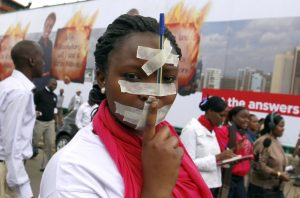
Journalists are going through a difficult time. They need the support of the industry including media owners, Ministry of Labour, editors and others stakeholders. Safety of journalists is no longer about government harassment, but harassment from advertisers, owners, criminal gangs and from the general hostile environment.
The Media Working Group two years ago developed a 10-point charter on the safety and protection of journalists in Kenya, the steps which media houses must take to ensure safety of the journalists, and 23 media CEOs/Editors in Chief signed the charter. As usual, the signing ceremony just remained just that. The document is yet to be implemented.
Efforts to pursue some of these cases where journalists have been harassed or assaulted in the courts have rarely yielded fruit since many cases are frustrated by poor investigations thus poor prosecutions, while others take forever in corridors of justice.
Related: Why Kenyan journalists are arming themselves
Among the issues the media executives committed to by signing the charter were to assess and understand risks and ensure journalists are fully aware before being sent to the field. All journalists should be, ideally at an early point of employment, provided with security training to mitigate risk.
Media houses were to offer regular assignment-specific safety advice and training, ensure journalists have access to first aid equipment while covering dangerous assignments. At the same time, media houses should, as standard policy, provide access to legal counsel for reporters besides relevant and adequate resources such as transport, protective gear and finances.
Additionally, media houses must offer debriefing and counseling, particularly in post-coverage of distressful assignments. They are to have an elaborate intervention and protection strategy for journalists, establish a fund to cater for safety of freelancers and correspondents on commissioned assignment and establish specific protection measures to address gender and cultural-sensitive issues such as sexual harassment.
Read: Nation Media fires editor embroiled in sex scandal
UNESCO Resolution 29 adopted in 1997 dubbed “Condemnation of violence against journalists” urged the competent authorities of states to discharge their duty of preventing, investigating and punishing such crimes and remedying their consequences; and it urged member states to refine their legislation to make it possible to prosecute and sentence those who instigate the assassination of persons exercising the right to freedom of expression. UN Security Council Resolution 1738 (2006) condemns attacks against journalists in conflict situations.
The African Charter on Human and People’s Rights guarantees individuals against arbitrary deprivation of the right to life (Article 4), establishes an absolute prohibition of torture and other inhuman or degrading treatment (Article 5), guarantees the right to liberty and security of the person (Article 6), and freedom of expression (Article 9). We must stand up for the rights of journalists in this country.
The writer works at the Media Council of Kenya as the Programmes Manager and a journalists safety trainer. Email: [email protected]






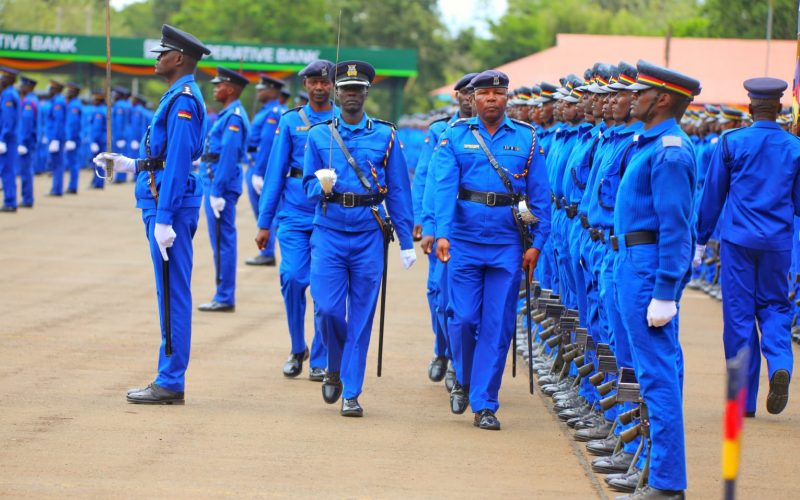
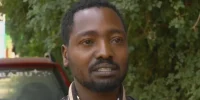
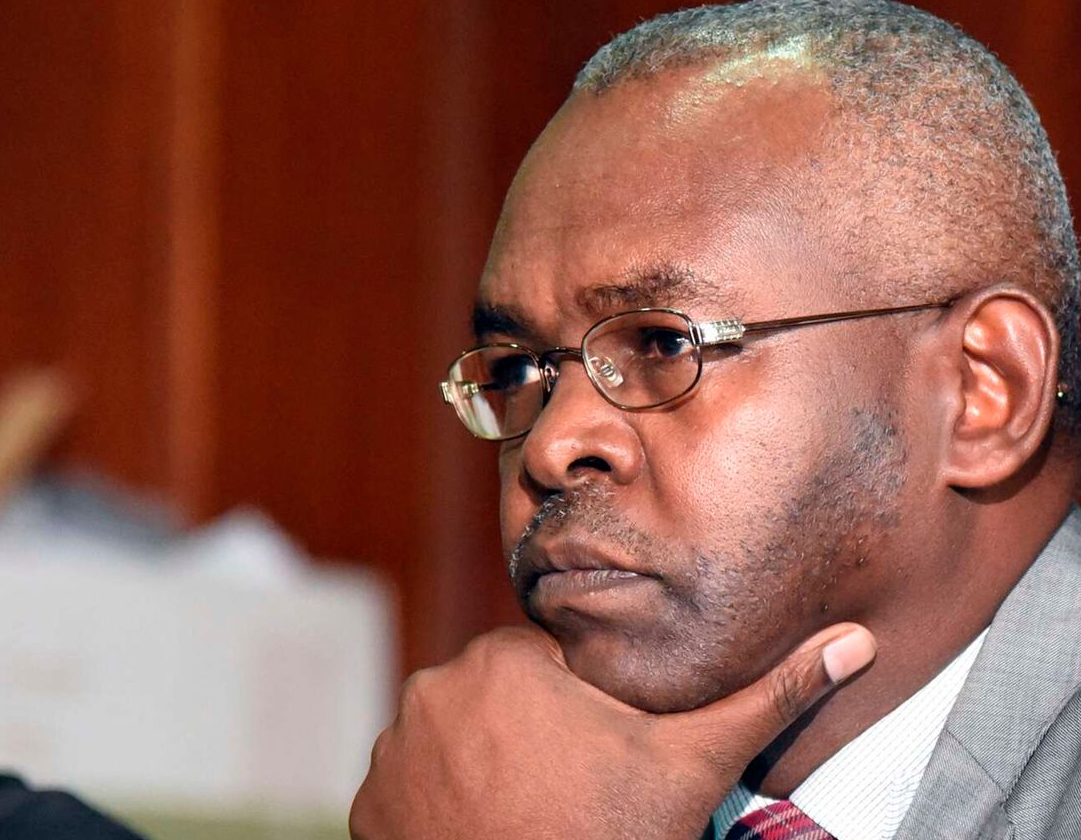


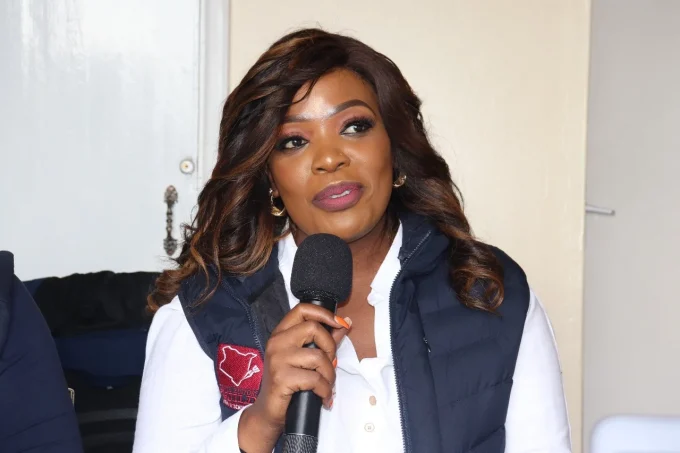
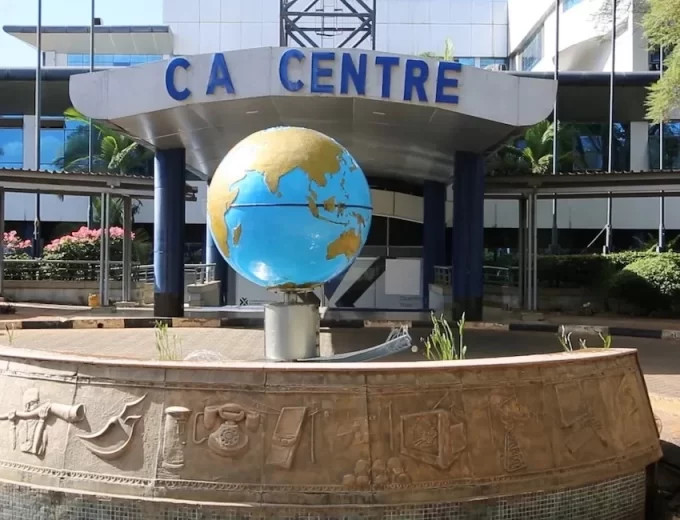
Leave a comment